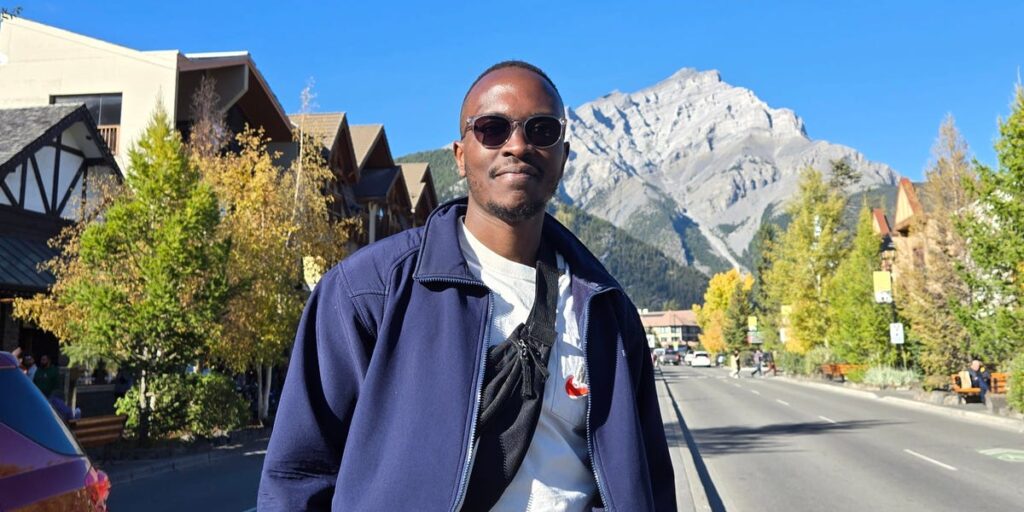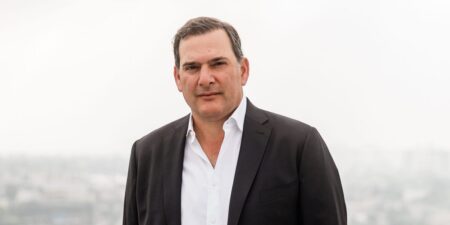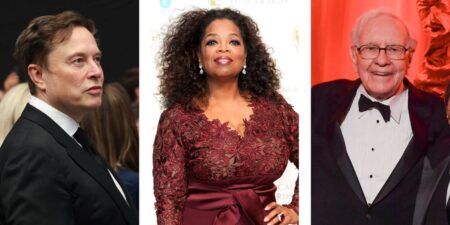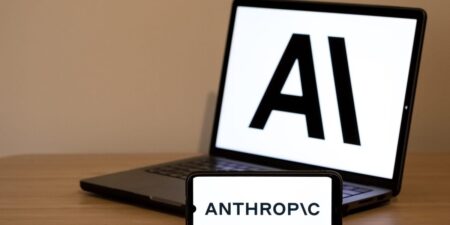This as-told-to essay is based on a conversation with 28-year-old Mwangi Wanjau, who is from Kenya and based in Canada. The following has been edited for length and clarity.
My parents named me Mwangi after my grandfather, James Mwangi Wanjau.
I grew up in Nairobi, Kenya, and Mwangi is a very common name within my tribe, the Kikuyu.
In 2016, at age 19, I moved from Kenya to western Canada to study, graduating with a degree in mathematics. I felt like an outsider. My name stood out: I often had to repeat it, and people struggled to remember it.
During my studies, and later at the university where I worked after graduating, I began using the nickname “James” with new people and adjusting my accent to sound more Canadian.
When I was younger, I decided to take James, my grandfather’s name, as my baptism name as part of my public expression of faith. But in this instance, I felt inferior, and was using it as a survival mechanism to fit in.
Introducing myself became easier, but I began to feel like I was losing myself, and I realized fitting in wasn’t benefiting me. I no longer feel the need to use a Westernized name to make others feel more comfortable.
People struggled with ‘Mwangi,’ but seemed to remember me when I used ‘James’
The city in Canada where I lived wasn’t as diverse as places like Vancouver, and I was often either the only or one of a few Black people in the room. While my close university friends knew me as Mwangi, I slowly started introducing myself as James.
People didn’t struggle saying “James,” and it seemed they remembered me more easily. It was like a weight off my chest, so James became my go-to.
In 2020, I went back to Kenya for a brief period and got baptized. James became my baptism name, not just a nickname.
After I graduated, I started working in local customer service and sales roles, using the name James.
Because some people wrongly perceive Africans as less educated, maybe even subconsciously, I started softening my accent and using Canadian slang because I thought people would feel more comfortable around me and think I was smart. I wanted to show I’d been in Canada for a while and wasn’t “fresh off the boat.”
I had a better experience using ‘James’ on my résumé instead of ‘Mwangi’
I began looking to transition from customer service to a more professional job in late 2023, and transitioned back to Mwangi on applications. With some work experience under my belt, I thought I could find a job relatively quickly and began to use my real name.
After five or six months, I wasn’t getting much of a response. One day, my barber, who knew me as James, suggested I try using that name on my applications.
I’d read stories online about people of color struggling to get jobs, seemingly because of their African-sounding names or accents in the US. At first, I didn’t think I’d experience that in Canada, but I started to feel like it applied to me.
I changed the name at the top of my résumé from Mwangi Wanjau to James M. Wanjau.
After that, I felt I was getting more responses and interviews. Recruiters remembered my name, and it just rolled off their tongues. I still had to apply for a lot of jobs, but in May 2024, roughly three months after changing my name, I landed a role as an admissions and awards coordinator at the university where I’d studied.
I felt like two different people
My birth name was in my workplace’s system, and Mwangi was part of my email address, but I referred to myself as James and used “James Wanjau” in my email signature.
I felt like two different people. Outside of work, I was Mwangi. Seeing my friends brought me back to who I was, but when I stepped into work at 8 a.m., I became James.
One day, I did a workplace survey and one question asked whether I felt like I belonged at the organization, and it prompted me to reflect on using “James” instead of “Mwangi.” I realized I didn’t feel like I could be myself at work. My colleagues knew the commercial me, not the real me.
Embracing ‘Mwangi’ has been empowering
In Spring 2025, I decided to start using Mwangi more outside work — even if people ask me to repeat my name or forget it five minutes later. I’m still Mwangi, whether they like it or not.
It was difficult to change things at work because people already knew me as James. But I started a new role at the same organization roughly a month ago, and when the hiring manager asked me which name I wanted to go by, I said Mwangi.
Introducing myself as Mwangi hasn’t been smooth — if a barista needs to write my name on a coffee cup, they have to ask me how to spell it — but it’s been empowering. Knowing I don’t have to wear a different name and personality every morning has been a massive breath of fresh air.
Since 2020, social movements have brought many things related to diversity, equity, and inclusion to light, and people want to make workplace culture more inclusive. I realized that if I want things to change, I should start by embracing my name. Bias in the system won’t change unless we stop hiding.
I completely understand why someone might feel they need to adjust their name to get their foot in the door. But as time went on, I realized that I deserved to succeed as myself rather than as someone else.
Do you have a story to share about changing your name in the workplace or to land a job? Contact this reporter at [email protected].
Read the full article here
















